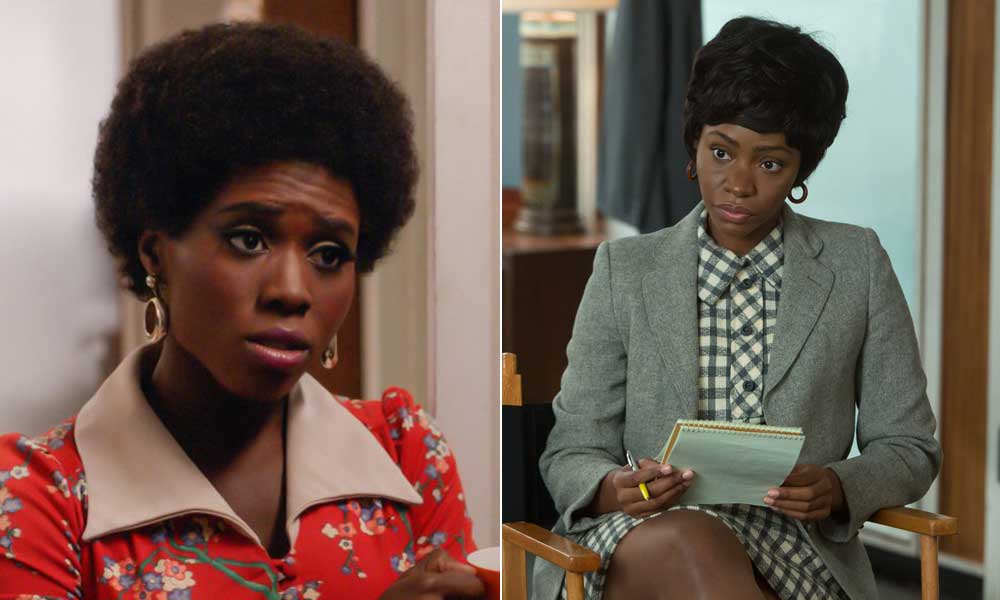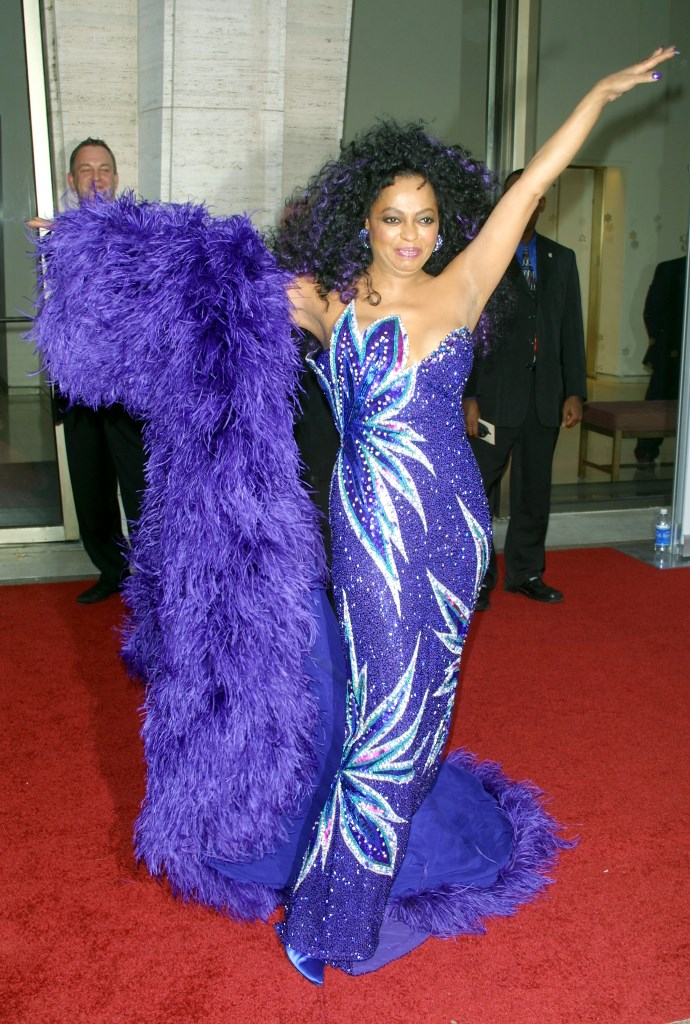Mad Men, Imperfect but Prescient



Mad Men is leaving Netflix next week, on June 9. I knew this, and Lainey and I talked about me commenting on it, earlier this month. Then, of course, after the death of George Floyd, trying to find something to say about a show that was accurately criticized for focusing myopically, even obliviously, on wealthy, privileged white people in a time of extreme racial strife, uprising, and upheaval...
In other words, it’s probably incredibly relevant for right now.
Some of my greatest joys were writing about Mad Men for this site, usually right after the episode aired, watching as, brick by brick, the oblivious paper doll people we meet operating in the Sterling Cooper status quo came online, realizing that the systems that were set up are designed to screw them over.
It starts right in the pilot – delights in it, actually – with scenes designed to startle us at their casually sexist treatment of women and closeted gay men. Mad Men operates on the presumption that we’ll pat ourselves on the back for being so much more progressive than Madison Avenue in the 1960s… and then we spend seven seasons watching each character realize that the personal issues that befall them – ageism, homophobia, sexism, capitalism, and yes, racism – are inevitable because that’s how the system is built. No matter how rich Don gets, the rules of masculinity mean he can’t be honest or vulnerable or truly loved. Joan’s brain and experience will never be what people see first, when her body is there for powerful men’s consumption. Betty is trapped. Pete is trapped. Even exhaustingly woke Paul Kinsey is trapped by his own self-congratulation – so proud of himself for dating Sheila, a Black woman, that he can’t see her as a three-dimensional individual, instead of just an indicator of how great he is (in his own mind).
Which is precisely what Dawn and Shirley, the two Black women in the office who are constantly confused for each one another and otherwise ignored, get to comment on in their precious minutes of screen time together – that these people they work with are oblivious to the ways they’re manipulated by their overlords.
I’m not by any means suggesting that Mad Men is some sort of guidebook, or that their focus on privileged white people was anything other than Hollywood status quo. What I am saying, though, is that if you love the show or the characters, and you’re also committed to dismantling the systems that have allowed anti-Black and anti-POC racism to grow to where it is now, if you’re horrified at how elected officials and organizations that are supposed to protect people actually harm them by design…
…well, then it might not be a bad exercise to watch Mad Men through the lens of what we now know: these were characters who refused to see change coming. They were incapable of seeing the ways the system was designed to harm them, the allegedly privileged, until it was too late. That if they someday write the show about 2020 – and someone will –the alarm bells and signs pointing to the attitudes and organizations we must change, resist, and disavow before we become extinct will be horrifyingly, maddeningly loud and clear.

